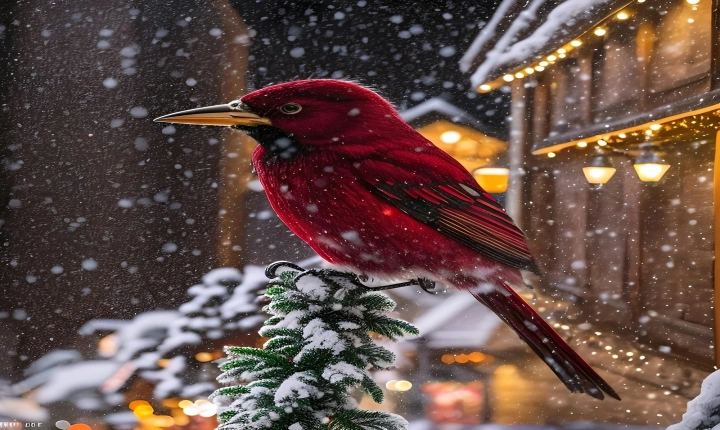Artificial intelligence (AI) has revolutionized many aspects of our lives, and the music industry is no exception. One of the intriguing applications of AI in music is the creation of AI cover songs. These AI-generated remakes of popular songs are gaining traction in the music world, offering a fresh perspective on beloved tunes and even paving the way for entirely new compositions.
So, how does AI cover songs work? Let’s dive into the technology behind this innovative musical phenomenon.
First and foremost, AI cover songs are generated using a process called machine learning. This involves training a computer program with a vast amount of musical data, including melodies, harmonies, rhythms, and lyrics. The program uses this data to learn patterns and structures commonly found in music, essentially teaching itself how to compose music that is similar in style to the input data.
Once the AI has been sufficiently trained, it can then analyze a given song and deconstruct it into its constituent parts. This includes identifying the melody, chords, rhythm, and other musical elements. The AI then applies its learned knowledge of musical patterns to create a new version of the song, often with its own unique interpretation and style.
One of the key technologies that enable AI cover songs is neural networks. These are computational models inspired by the structure and function of the human brain, allowing the AI to recognize complex patterns and make creative decisions. Neural networks are particularly effective in capturing the nuances of musical expression, such as dynamics, phrasing, and emotion, which are essential for creating authentic-sounding cover songs.
In addition to neural networks, other AI techniques such as deep learning and natural language processing play a crucial role in the creation of AI cover songs. These technologies allow the AI to understand and interpret the lyrics of a song, as well as generate new lyrics that fit the style and theme of the original composition.
One of the fascinating aspects of AI cover songs is the ability to mimic the singing voice of a specific artist. This is achieved using a technique called vocal synthesis, which involves training the AI with recordings of a particular singer’s voice. The AI can then generate vocals that closely resemble the timbre, intonation, and expression of the original artist, effectively “performing” the cover song in their unique style.
The impact of AI cover songs extends beyond mere recreation of existing music. AI has the potential to inspire new creative directions and push the boundaries of musical innovation. By analyzing vast amounts of music from different genres, eras, and cultures, AI can cross-pollinate diverse musical influences, leading to the creation of entirely new compositions that blend familiar elements in novel and unexpected ways.
Moreover, AI cover songs have practical implications for the music industry, including enabling musicians and producers to experiment with different arrangements and styles more efficiently. The ability to quickly generate AI cover versions of a song can provide valuable insights and inspiration for artists seeking to evolve their sound or explore new creative avenues.
Furthermore, AI cover songs can introduce music to new audiences and bridge generational or cultural gaps by reimagining classic tunes in contemporary or alternative styles. This can breathe new life into timeless music and foster a greater appreciation for the artistry and craftsmanship behind the original compositions.
However, as with any technological advancement, AI cover songs also raise ethical and copyright-related considerations. The question of who owns the rights to AI-generated music, especially when it closely resembles existing songs, is a complex and evolving issue that the music industry is grappling with.
In conclusion, AI cover songs represent a captivating fusion of technology and creativity, showcasing the potential of AI to reshape the landscape of music production and interpretation. As the capabilities of AI continue to advance, we can expect to see even more innovative and compelling AI cover songs that challenge our perceptions of music and inspire new artistic possibilities.
